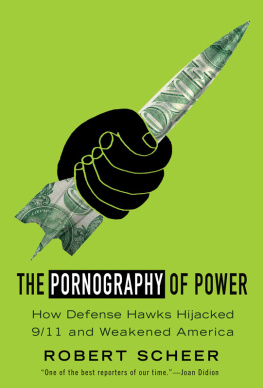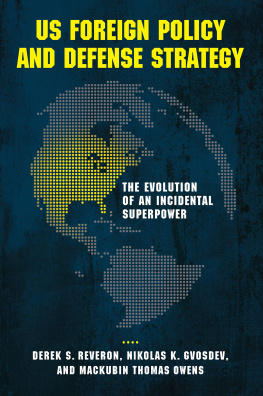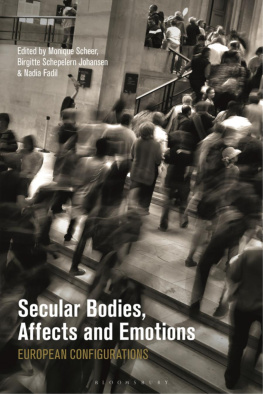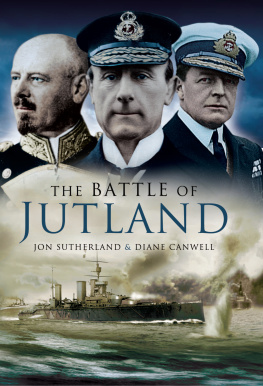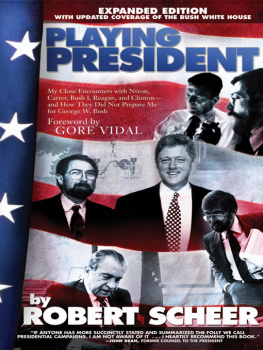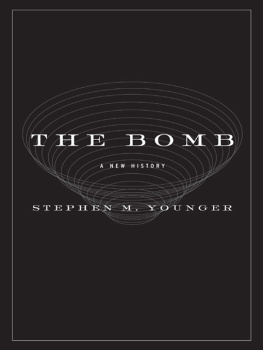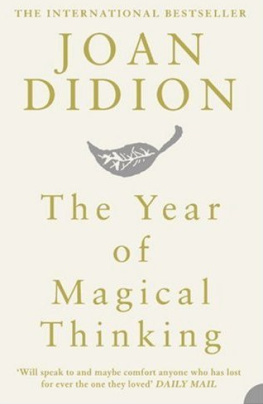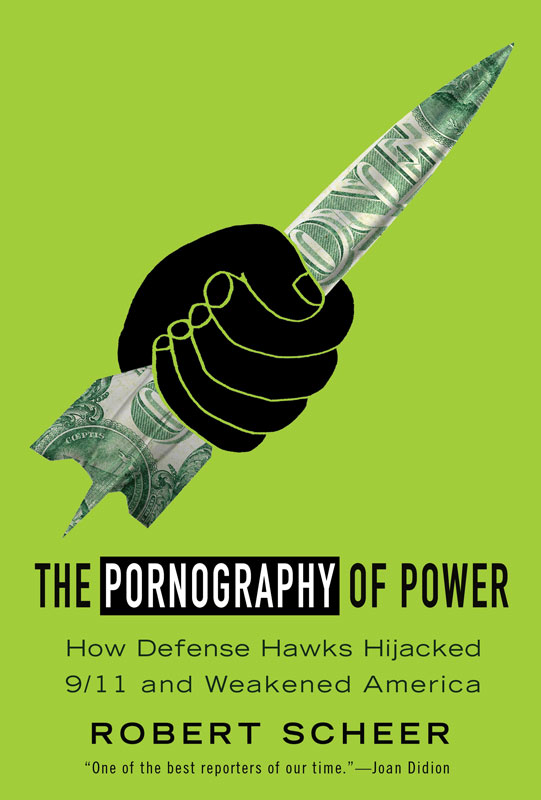Copyright 2008 by Robert Scheer
All rights reserved. Except as permitted under the U.S. Copyright Act of 1976, no part of this publication may be reproduced, distributed, or transmitted in any form or by any means, or stored in a database or retrieval system, without the prior written permission of the publisher.
Twelve
Hachette Book Group
237 Park Avenue
New York, NY 10017
Visit our Web site at www.HachetteBookGroup.com.
First eBook Edition: June 2008
ISBN: 978-0-446-53744-5
Playing President: My Close Encounters with Nixon, Carter, Bush I, Reagan, and Clintonand How They Did Not Prepare Me for George W. Bush
The Five Biggest Lies Bush Told Us about Iraq
(coauthors Christopher Scheer and Lakshmi Chaudhry)
Thinking Tuna Fish, Talking Death: Essays on the Pornography of Power
With Enough Shovels: Reagan, Bush & Nuclear War
America after Nixon: The Age of the Multinationals
Cuba: Tragedy in Our Hemisphere
(coauthor Maurice Zeitlin)
How the United States Got Involved in Vietnam
EDITED BY ROBERT SCHEER
The Cosmetic Surgery Revolution
Eldridge Cleaver: Post-Prison Writings and Speeches by the Author of Soul on Ice
The Diary of Che Guevara
To Dwight David Eisenhower and George McGovern, two war heroes who preferred plowshares to swords
I t was odd to be with Richard Nixon alone. Odder yet that what he had to say made so much sense, more than the four other presidents I have interviewed. While I cant quite bring myself to dedicate this book to Nixonafter all, I did witness the murderous consequences of his Indochinese bombing campaign up closeI have to admit that the ideas he expressed to me in an interview for the Los Angeles Times, eleven years after he was forced from office, resonate throughout this book.
The discussion here focuses on the limits of American power in a multipolar world and the disutility of our incredibly expensive military arsenal. Nixons resignation in disgrace as a result of the Watergate scandal, deserved as that punishment was, and his mindless escalation of the Vietnam War he had inherited from Lyndon Johnson, obscured his real achievements in negotiating arms control and a new era of dtente with the communist giants.
Earlier, as editor of Ramparts magazine, I had experienced his dark side, as I would learn in greater detail later from files released under a court order issued by Federal Judge Cecil Poole, a quite terrific Northern California jurist. The thousands of pages of documents revealed use of Nixons FBI and CIA for several years to harass me and Ramparts. What irony that Nixon was cozying up to bloody communist tyrants abroad while harassing quite benign leftists here at home. He did try to put Daniel Ellsberg away for life for the crime of letting Americans read the Pentagons Vietnam study, for which they paid with their tax dollars.
So, I had my issues with the man. Yet it occurred to me, four years into the presidency of Ronald Reagan, that Nixons foreign policy seemed quite enlightened in comparison to that of the incumbent, or of Jimmy Carter, and I wrote that in an article for the Times. I noted that Nixon, although he escalated the Vietnam War, also had undermined the basic assumptions of the larger Cold War. Nixon read the article and agreed. In a friendly note, he thanked me for very objective and comprehensive coverage of some of my activities, and then added, I would like to arrange a mutually convenient time when you are in the New York area for a discussion of the origination of some of my foreign policy initiatives. I couldnt refuse.
I met with Nixon in June 1984, in his office in the federal building in lower Manhattan. He first spoke of topicssurfing on California beaches and the recent birth of his granddaughterthat veered far from the foreign policy issues to which he had restricted the interview. He appeared relaxed, though seated formally behind his massive desk. He was surrounded by photographs of himself with heads of state, a fitting setting for our discussion.
The grizzled warmonger had come, over the years, to recognize that the enemy was not the devil, and that communismthe all-too-convenient bte noire evoked during the early decades of his political lifewas neither monolithic nor incapable of change: Ive always had a more subtle approach to the Soviet blocnever have seen it as monolithic. Not quite true, but this is Nixon Im quoting.
To make his point, Nixon noted his recognition of communist regime attitude changes like night and day because of contacts with the West. He cited in particular his early support for Titos Yugoslavia as that communist-led country broke with the Soviets, changes in Hungary, and of course his historic opening to China and pursuit of dtente with the Soviet Union. I need not point out that Nixon was hardly naive about the persistent authoritarian rule in those countries, but he called for, as he put it in our discussion, a live and let live middle ground as represented by his willingness to negotiate as well as to confront.
I bring it up now because one cannot understand the neocon ideologues who came to dominate U.S. policy after 9/11 without understanding that they first came into existence in deeply traumatic opposition to Nixon and his policy of dtente with the enemy.
For younger readers, it may be difficult to grasp the hold that an incredibly simplistic fear that something routinely referred to as international communism and its timetable for the takeover of the world instilled in our national political imagination. Like the post-9/11 global war on terror, the fight against international communism was a construct driven as much by fear of being attacked as unpatriotica legacy in part of Nixons own early smear campaigns against opponents he labeled as soft on communismas it was by genuine conviction. That was certainly true of centrist and liberal politicians and intellectuals who signed on for those crusades, past and present, knowing full well that the basic argument was flawed.
Ironically, Nixon, the original demagogue on this point, changed course earlier than many of those he had bludgeoned into going along with the rhetoric of the Cold War. But he had changed largely as a result of serving as Dwight Eisenhowers vice president, during which time Nixon had met the enemy and, in one famous Moscow kitchen debate, outtalked him. Nixon outflanked many of his critics in the Democratic Party by becoming reasonable, a sharp reversal of his earlier self.
A year before he became president, Nixon wrote a myth-shattering article for Foreign Affairs magazine advocating negotiations with Communist China, and to the degree that it was noticed in the media, it was dismissed as posturing for a future presidential campaign; but Nixon had meant it.
The picture of him as president chatting amiably with Mao Tse-tung, thought until then to be the bloodiest dictator of them all, and then having his secretary of state, Henry Kis-singer, begin to negotiate with Chou En-lai on the specifics of a new U.S.China embrace alarmed the Cold War hardliners back in the United States. The Cold War may have thawed, but a new one between realists and neocons had begun.
A number of the key neocons, including Richard Perle and Paul Wolfowitz, worked for Henry Scoop Jackson, the hawkish Democrat in thrall to the Boeing Company, the large aerospace contractor based in his home state of Washington. The alliance between the threat-inflating ideologues continuously sounding the alarm about an ever more menacing enemy and the needs of a military-industrial complex that required such an enemy in order to secure ever larger contracts was a constant feature of the Cold War years. In the debates over Nixons policy of dtente, the alliance between the defense intellectuals and the war profiteers came into clearest view.

